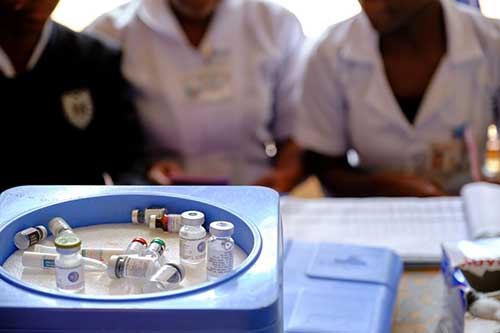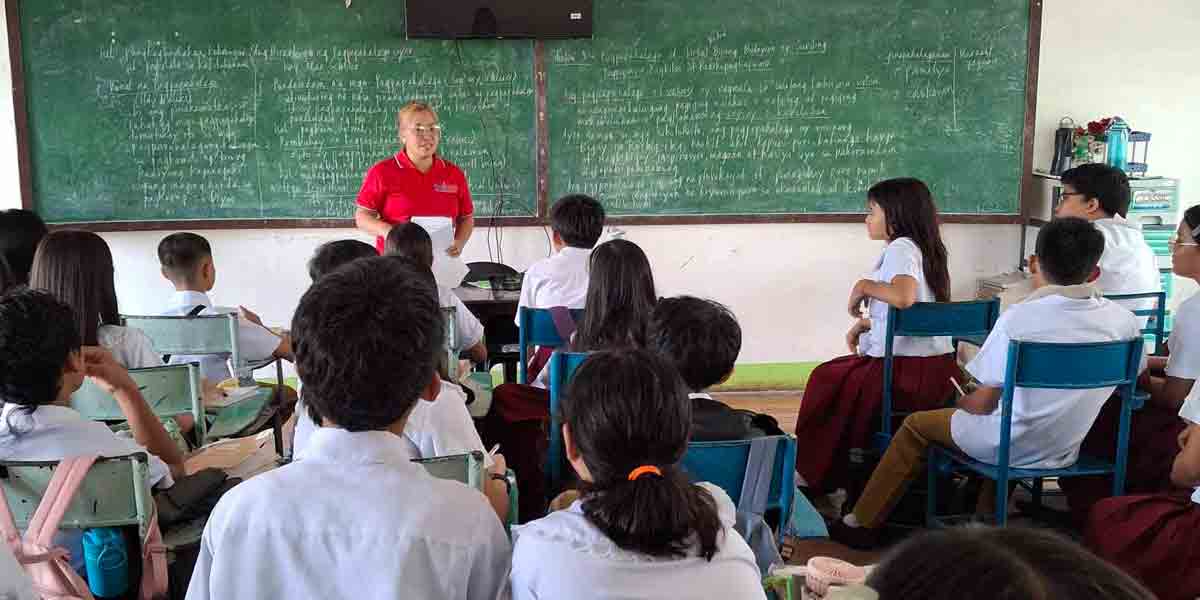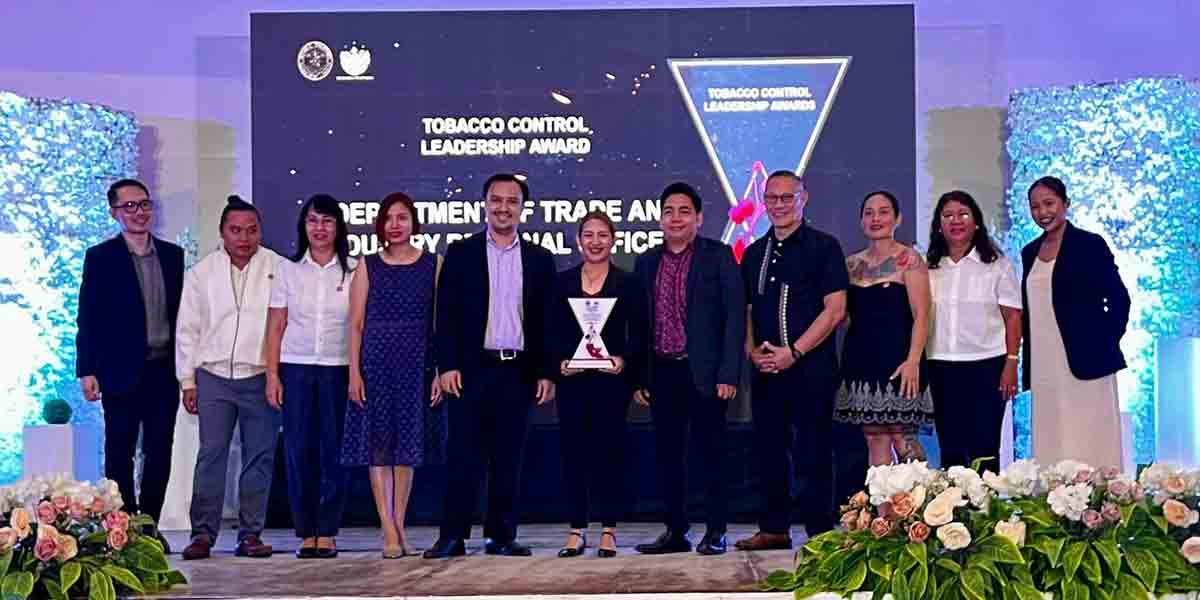
A new World Health Organization (WHO) report reveals that expanded vaccination efforts could reduce global antibiotic use by 2.5 billion doses annually, an essential step in combating antimicrobial resistance (AMR), a rising global health threat linked to nearly 5 million deaths each year.
The report, released on Oct. 10, highlights vaccines as a critical tool in preventing infections, thus reducing the overuse and misuse of antibiotics that fuels AMR.
Dr. Tedros Adhanom Ghebreyesus, WHO Director-General, underscored the importance of vaccines: “Prevention is better than cure, and increasing access to existing vaccines and developing new ones for critical diseases, like tuberculosis, is critical to saving lives and turning the tide on AMR.”
The new report expands on a WHO study published in BMJ Global Health last year. It estimates that vaccines already in use against pneumococcus pneumonia, Haemophilus influenzae type B (Hib, a bacteria causing pneumonia and meningitis) and typhoid could avert up to 106 000 of the deaths associated with AMR each year.
New vaccines for tuberculosis (TB) and Klebsiella pneumoniae, if developed, could save up to 543,000 lives annually by preventing infections that commonly require antibiotics.
The WHO report also highlights the economic impact of AMR, with global hospital costs for treating drug-resistant infections totaling around $730 billion (PHP41 trillion) each year. If comprehensive vaccination strategies are implemented, a third of these costs could be saved by preventing infections.
Vaccination’s role was recently reaffirmed by world leaders at the UN General Assembly, where they committed to a 10% reduction in AMR-related deaths by 2030.
WHO calls for a “people-centered approach” in health systems that prioritizes prevention, with vaccines as a foundational pillar against AMR.
Vaccines are key to preventing infection
Vaccinated people have fewer infections and are protected against potential complications from secondary infections that may need antimicrobial medicines or require admission to hospital. The report analyzed the impact of already licensed vaccines as well as vaccines in various stages of development.
Every year, vaccines against:
- Streptococcus pneumoniae could save 33 million antibiotic doses, if the Immunization Agenda 2030 target of 90% of the world’s children were vaccinated, as well as older adults;
- Typhoid could save 45 million antibiotic doses, if their introduction was accelerated in high-burden countries;
- Malaria caused by Plasmodium falciparum could save up to 25 million antibiotic doses, which are often misused to try to treat malaria;
- TB could have the highest impact once they are developed, saving between 1.2 to 1.9 billion antibiotic doses – a significant portion of the 11.3 billion doses used annually against the diseases covered in this report.
Vaccines could significantly reduce the substantial economic costs of AMR
Globally, the hospital costs of treating resistant pathogens evaluated in the report are estimated at US$ 730 billion each year. If vaccines could be rolled out against all the evaluated pathogens, they could save a third of the hospital costs associated with AMR.
A comprehensive, people-centred approach applied across health systems is needed to prevent, diagnose and treat infections. This approach recognizes vaccination as core to preventing AMR and especially impactful when combined with other interventions.
At the 79th United Nations General Assembly High-Level Meeting on AMR on 26 September, world leaders approved a political declaration committing to a clear set of targets and actions, including reducing the estimated 4.95 million human deaths associated with bacterial AMR annually by 10% by 2030.
The declaration emphasizes key aspects, including the importance of access to vaccines, medicines, treatments and diagnostics, while calling for incentives and financing mechanisms to drive multisectoral health research, innovation and development in addressing AMR.























